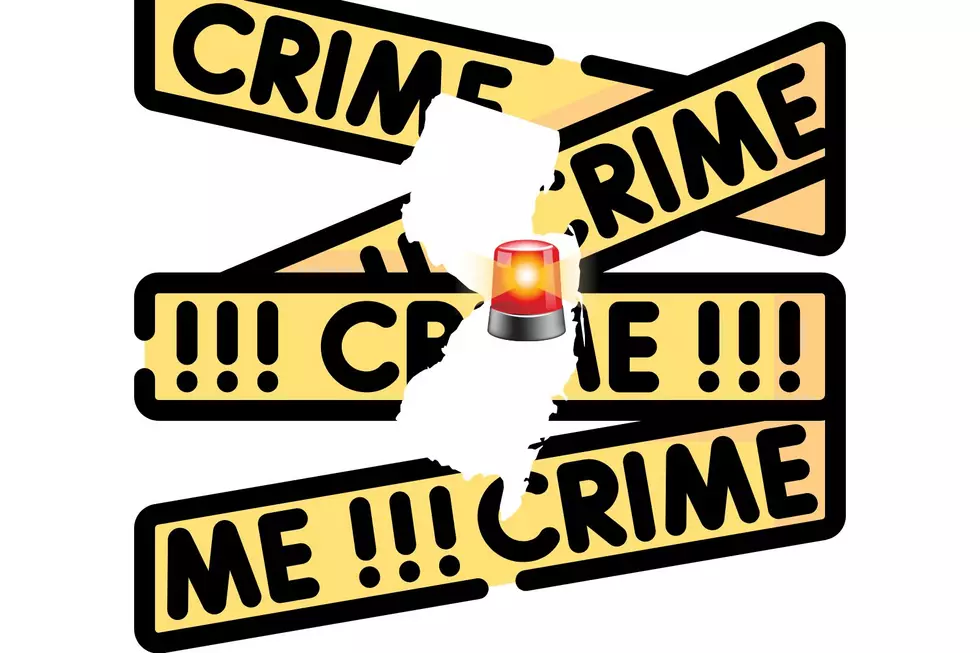Report: Sex ed in NJ too politicized, too focused on abstinence
Consistency is lacking from school to school — even from teacher to teacher — and there's too much emphasis on abstinence, according to a new report that gives the Garden State a "C" grade for the status of sex education in schools.
The report card released by the Thrive NJ Coalition — a group made up parents, community members and advocacy organizations — gives the state credit for a "strong sex education policy on the books," but notes implementation of said policy is not as strong as it could be. Parents and students surveyed for the report card, meanwhile, suggest there's not enough of this education in place at schools.
The overall "C" grade is based on responses from schools, parents and children. The state also received a "C" in several categories, including curricula, consistency, time allotted, educator training, content and inclusion.
The report suggests sex education can be "underfunded, not prioritized, and often politicized."
Decisions about sex education are made at the district level, the report noted, suggesting the lessons are not provided in a consistent manner from district to district, school to school, or classroom to classroom. At the same time, teachers want more guidance and resources to teach this topic effectively, it said.
"There's not much funding from schools for teachers to get the professional development they need," said Dan Rice, interim executive director of Rutgers-based Answer, a national organization providing sex-ed resources to youth and adults, and a member of the Thrive NJ Coalition.
The report specifically recommends that a requirement to "stress abstinence" and "highlight failure rates of contraceptives" be removed from state statute related to sex education programs and curricula. These methods can be ineffective and/or shame young people, the report said.
"Just focusing on the failure rates of condoms doesn't focus on the success rate of condoms," Rice added.
Among several other recommendations, the report also calls for statewide standards that include specific guidelines about LGBTQ issues, and more classroom hours to teach sex education.
When surveyed by the coalition, more than 75% of parents and students said more time needs to be devoted to this instruction. A little more than half of the students would classify for their current sex education classes as useful.
"This begs the question, if we have parental support for high quality sex education for our students, why aren't they getting out," Assemblywoman Valerie Vainieri Huttle, D-Bergen, said in response to the report. "I look forward to working with advocates across the state as we work to improve the quality and consistency of sex education in New Jersey."
When reached for comment, the state Department of Education did not respond to the report's findings directly, but said it's in the process of making revisions to the state's academic standards.
"This is an opportune time for anyone who wants to provide input into New Jersey's academic standards, as the Department of Education is beginning the public process of evaluating several of our learning standards, including the state standards for Comprehensive Health and Physical Education," said spokesman Michael Yaple.
The state's standards are reviewed every five years. Proposed updates for health and physical education are expected to be presented early next year, followed by a public comment period.
More from WOBM News:



